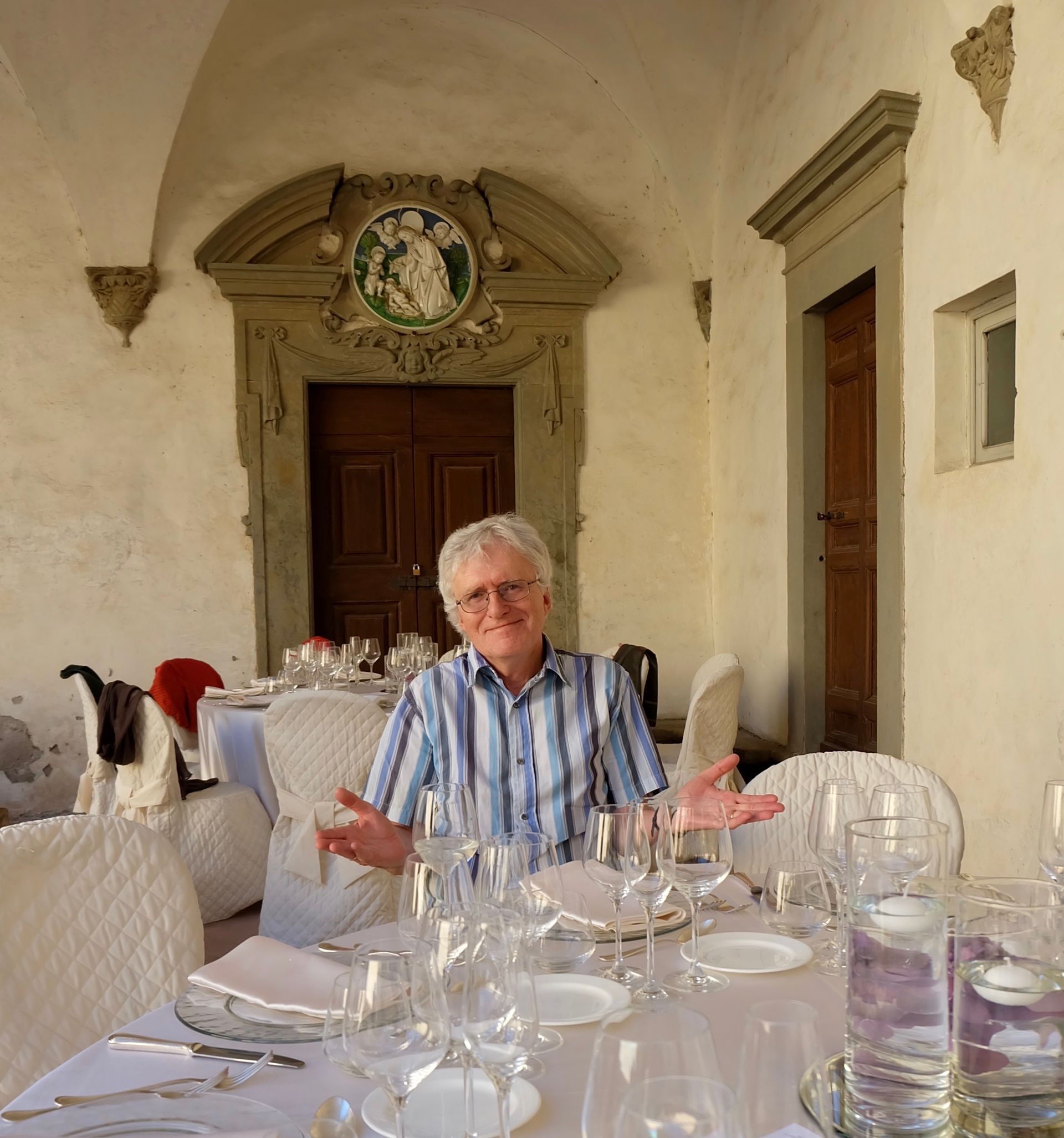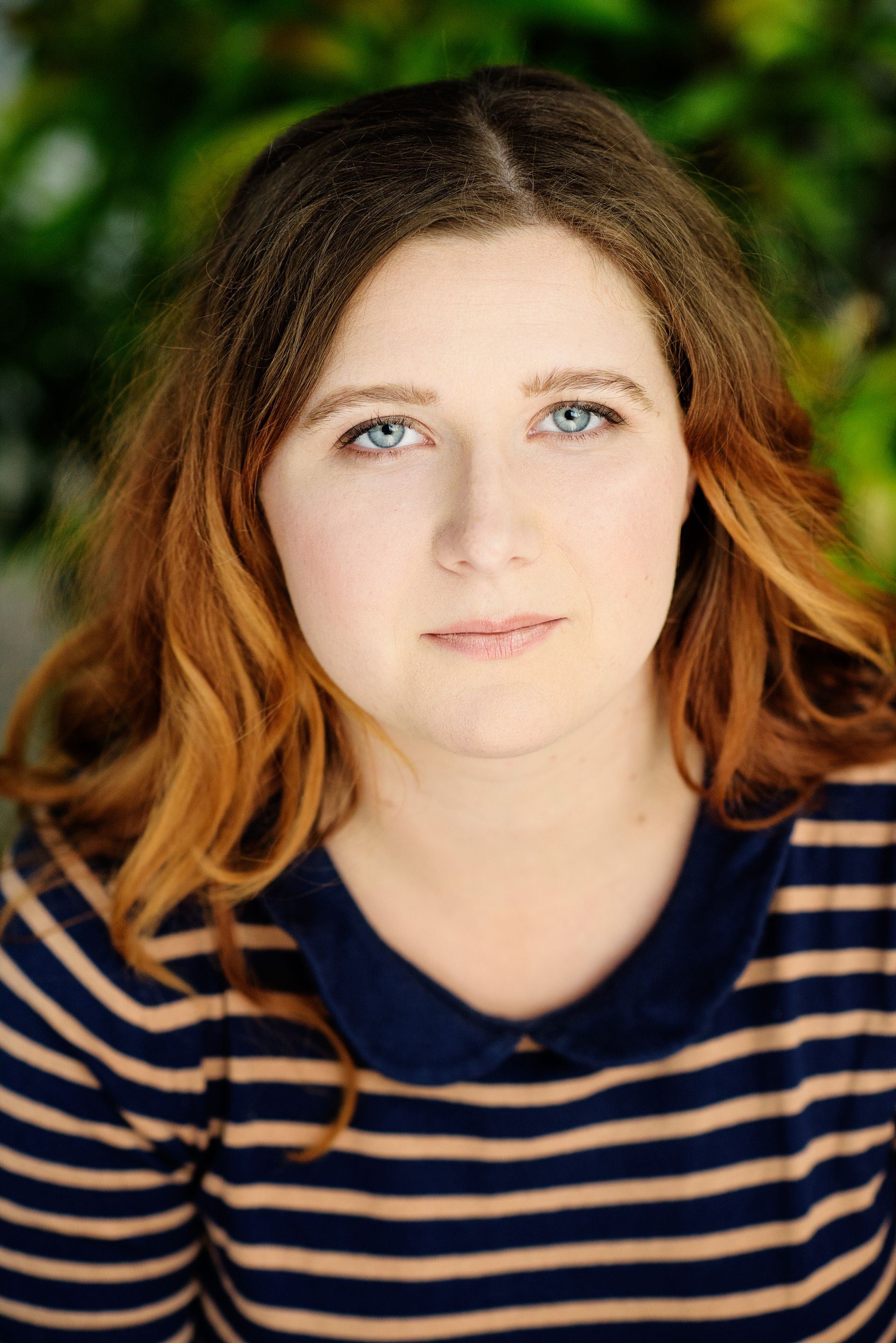ACIS Postgraduate Scholarship Winners 2023
After a hiatus of three years due to travel restrictions, ACIS is delighted once again to be able to offer its Postgraduate Scholarships for Research in Italy. Two promising postgraduate students have been awarded scholarships in the current round: Brigette De Poi and Laura Di Blasi.
In order to promote and support the activities of research and teaching in the area of Italian Studies in Australasian tertiary institutions, ACIS offers up to three postgraduate travel scholarships each year. Worth $6000 each, these scholarships provide postgraduate students at an Australian or New Zealand university with the opportunity to work on a research project in Italy. For one of the awards, the Dino De Poli Scholarship, preference may be given to applications for research on any aspect of the culture, history and society of north-east Italy. Since 2000 a total of 53 students, drawn from twelve universities, have been awarded ACIS Postgraduate Scholarships.
Brigette De Poi
has been awarded the Dino De Poli Scholarship. She is a PhD candidate in Musicology at the University of Sydney pursuing a PhD on the topic 'The Plague of 1630 and its Impact on the Musicians of Venice'.
In the years preceding 1630, Venice had a thriving musical community supported by the civic and ecclesiastical institutes of the city. Claudio Monteverdi had held the prominent post of Maestro di Capella of the Basilica di San Marco for some 17 years and the basilica’s reputation for outstanding musicianship was renowned throughout Europe. Music played an important role in the civic rituals and politics of Venice and the private spaces throughout the lagoon. However, all musical rituals and performances ceased for 18 months in 1630. That year the plague swept through the northern Italian city states resulting in a devastating loss of life and economic collapse. The impact on the Venetian population was overwhelming, with an estimated one third of the population killed. This research project explores the consequences of the plague for the musical communities and institutions of Venice and investigates whether it influenced the later musical achievements of the century, particularly the commercialisation of opera. It focuses on three main areas of musicians’ lives impacted by the plague: their employment, creative output and deaths, to determine any long-term impact the plague may have had on the musical institutions of Venice.

Laura Di Blasi is a PhD candidate in Italian Studies at the University of Melbourne. She is writing on the topic 'Rewriting as Discursive Authority: Laura Terracina’s Discorso on Orlando Furioso'.
The voices of early modern women that are tangible today, through surviving manuscripts, letters, and documents, offer a tenuous image of their former existence, and have so often been overshadowed by male contemporaries. Early modern women writers faced many obstacles on the path to print publication, and it was not uncommon for women to translate or rewrite male authored texts. This project argues that early modern women who rewrote or translated male authored texts were able to participate in and manipulate hegemonic discourses and literary traditions that they were historically excluded from. It offers a case study of Laura Terracina (c.1519-c.1577) and her
Discorso (1549), a rewriting of Ludovico Ariosto’s chivalric epic
Orlando Furioso (1516), and explores the textual practices employed by Terracina to assert herself into the sixteenth-century literary scene that was growing increasingly concerned with the lives of women. The project also explores the implications of Terracina’s
Discorso on her putative female readership.
We wish both awardees every success with their research trips to Italy and look forward to seeing the eventual results of their research.









